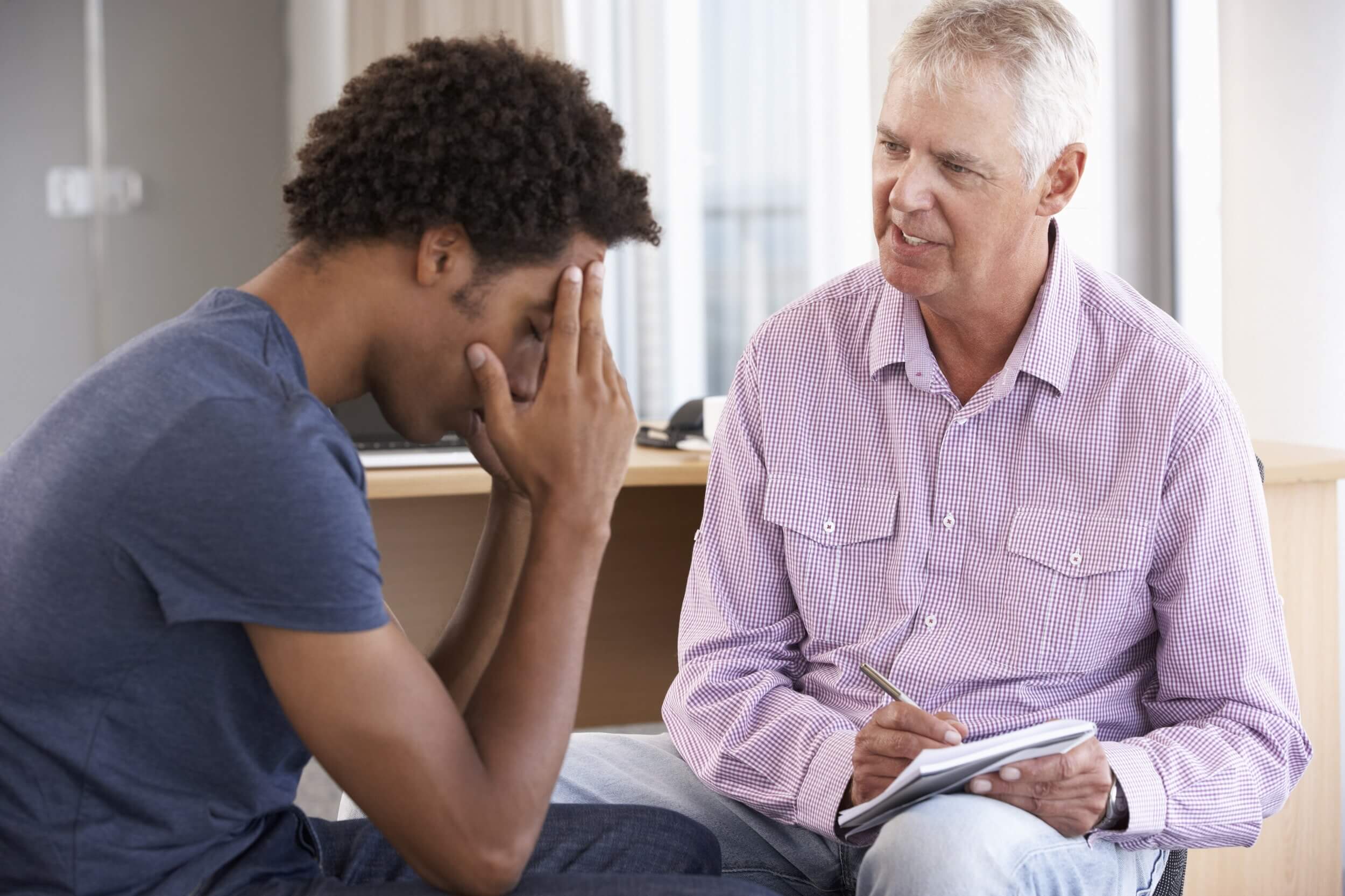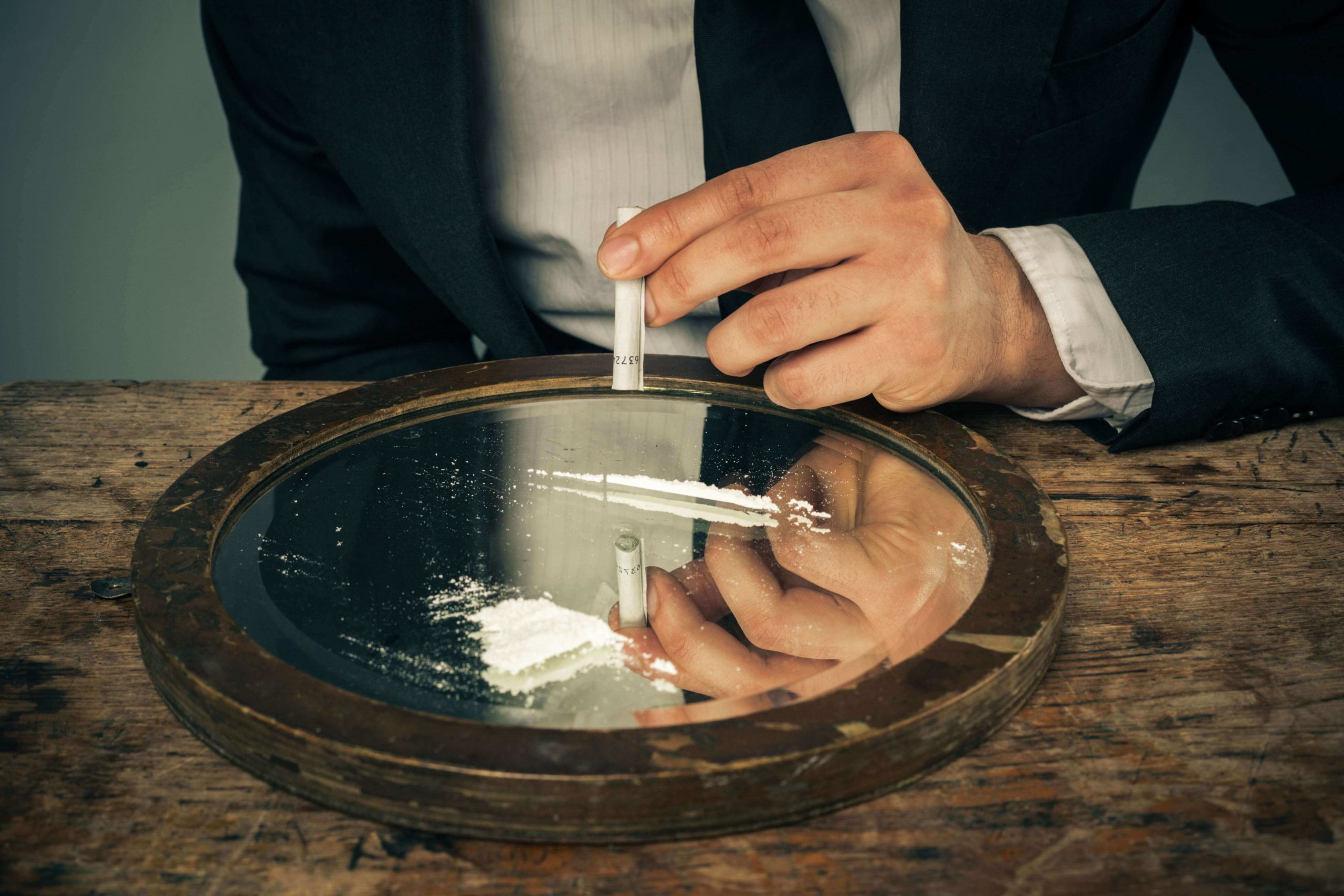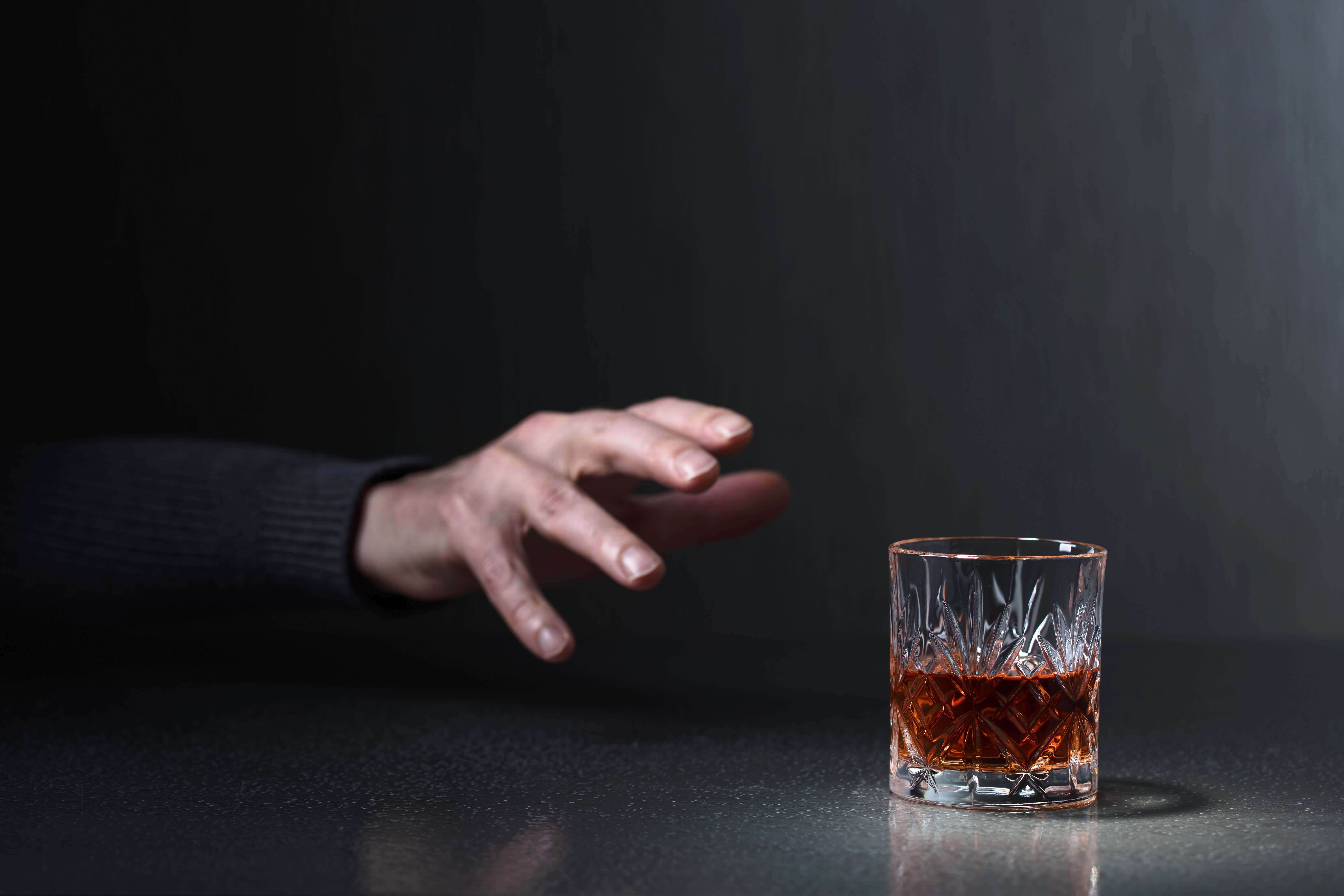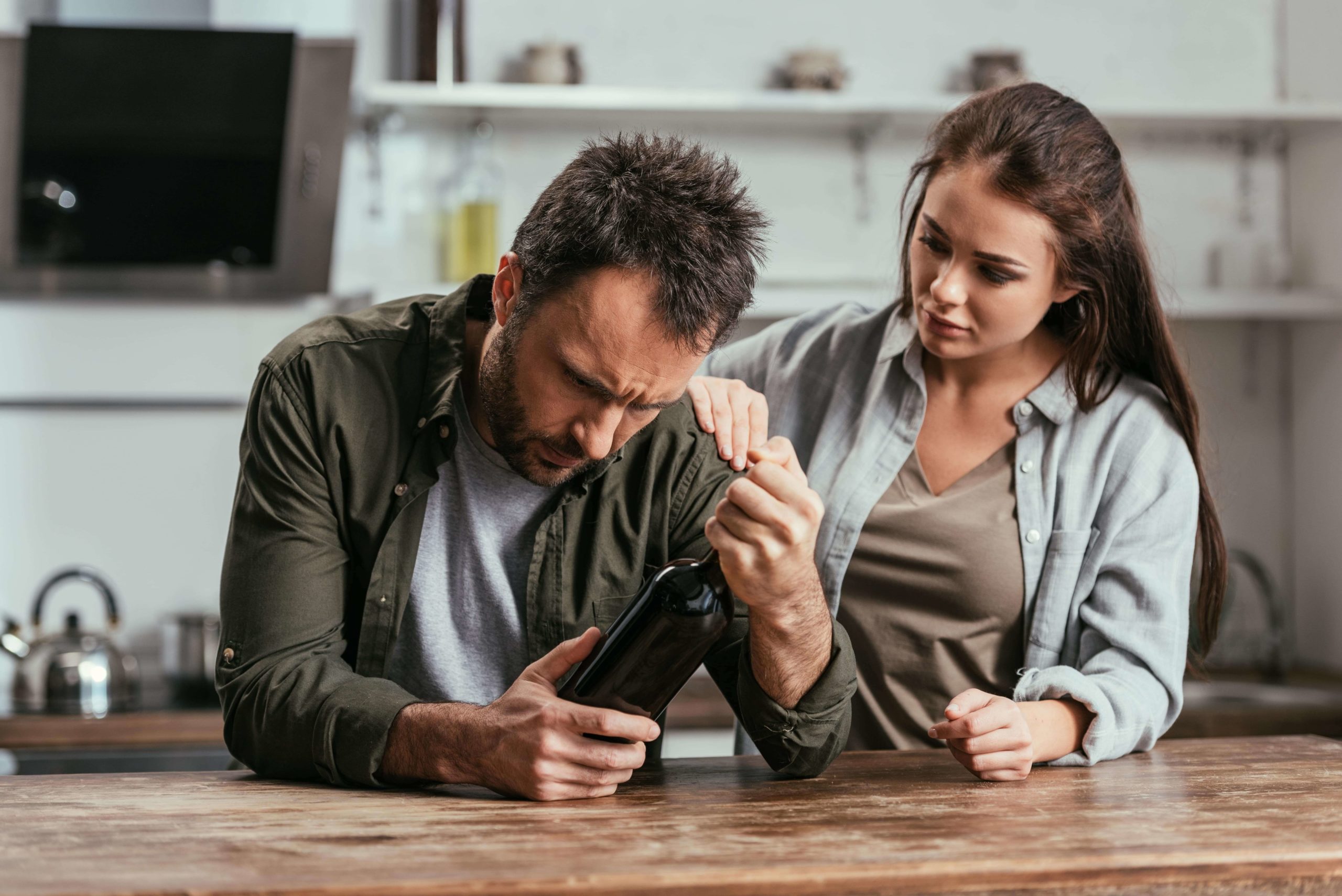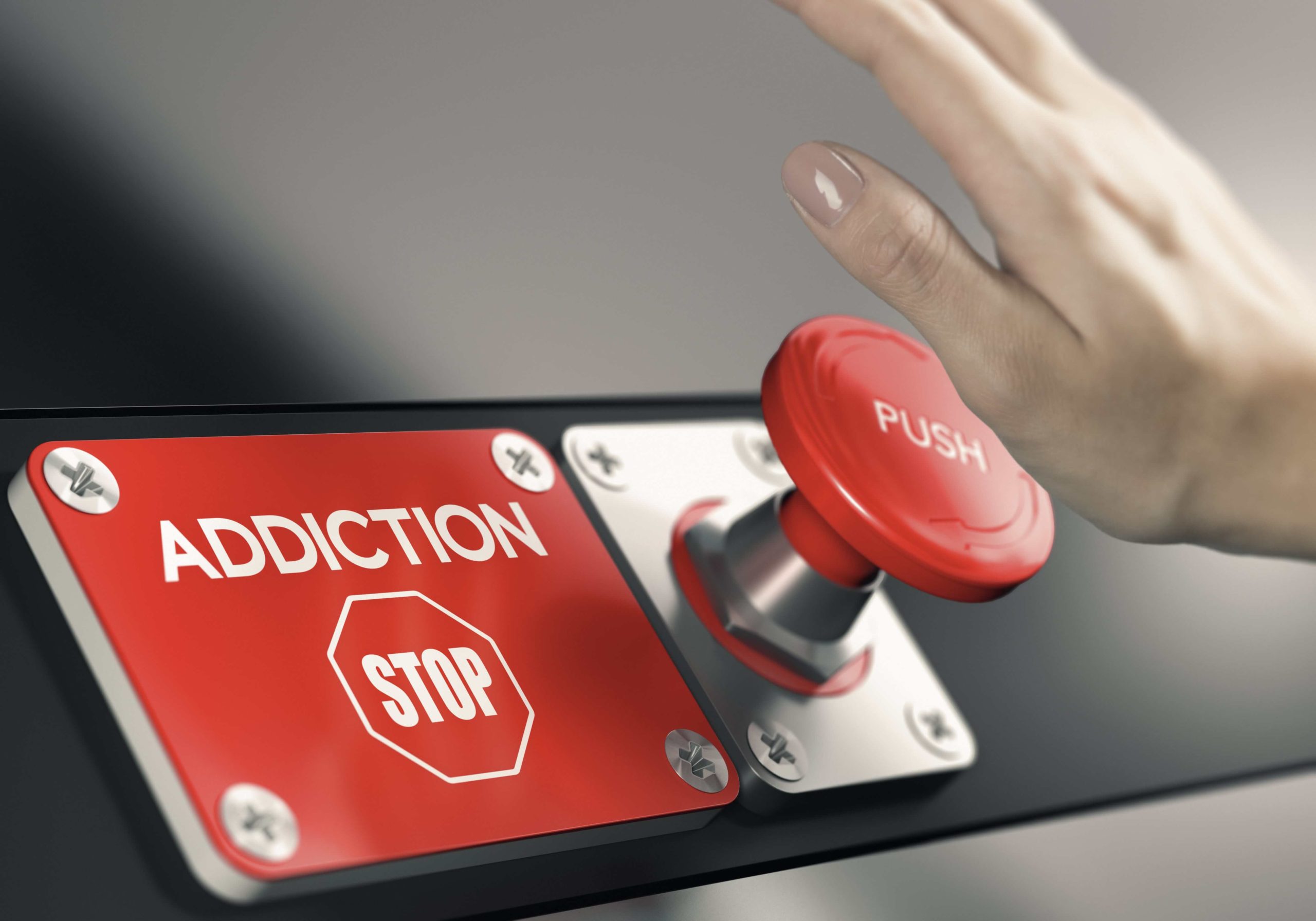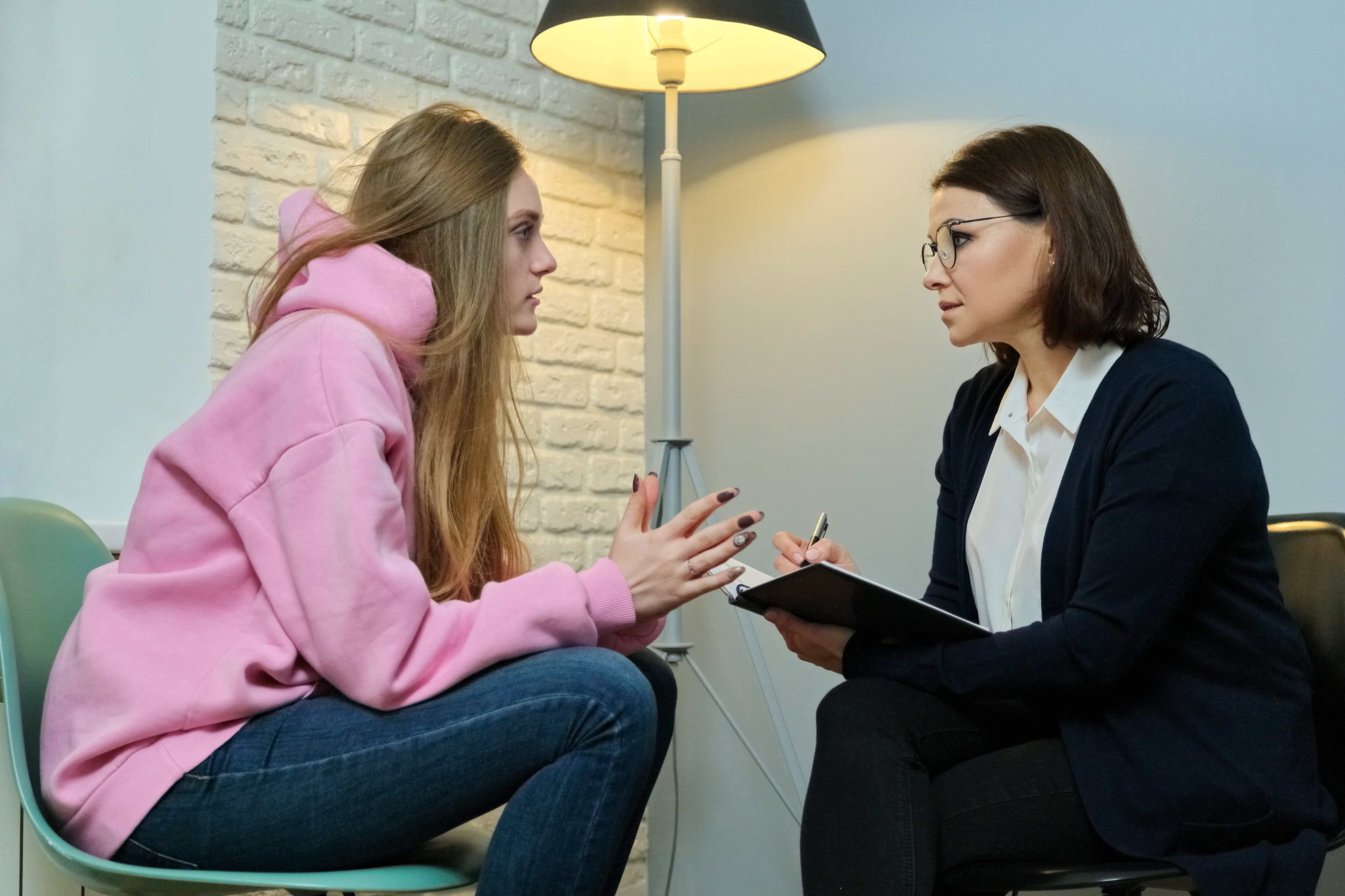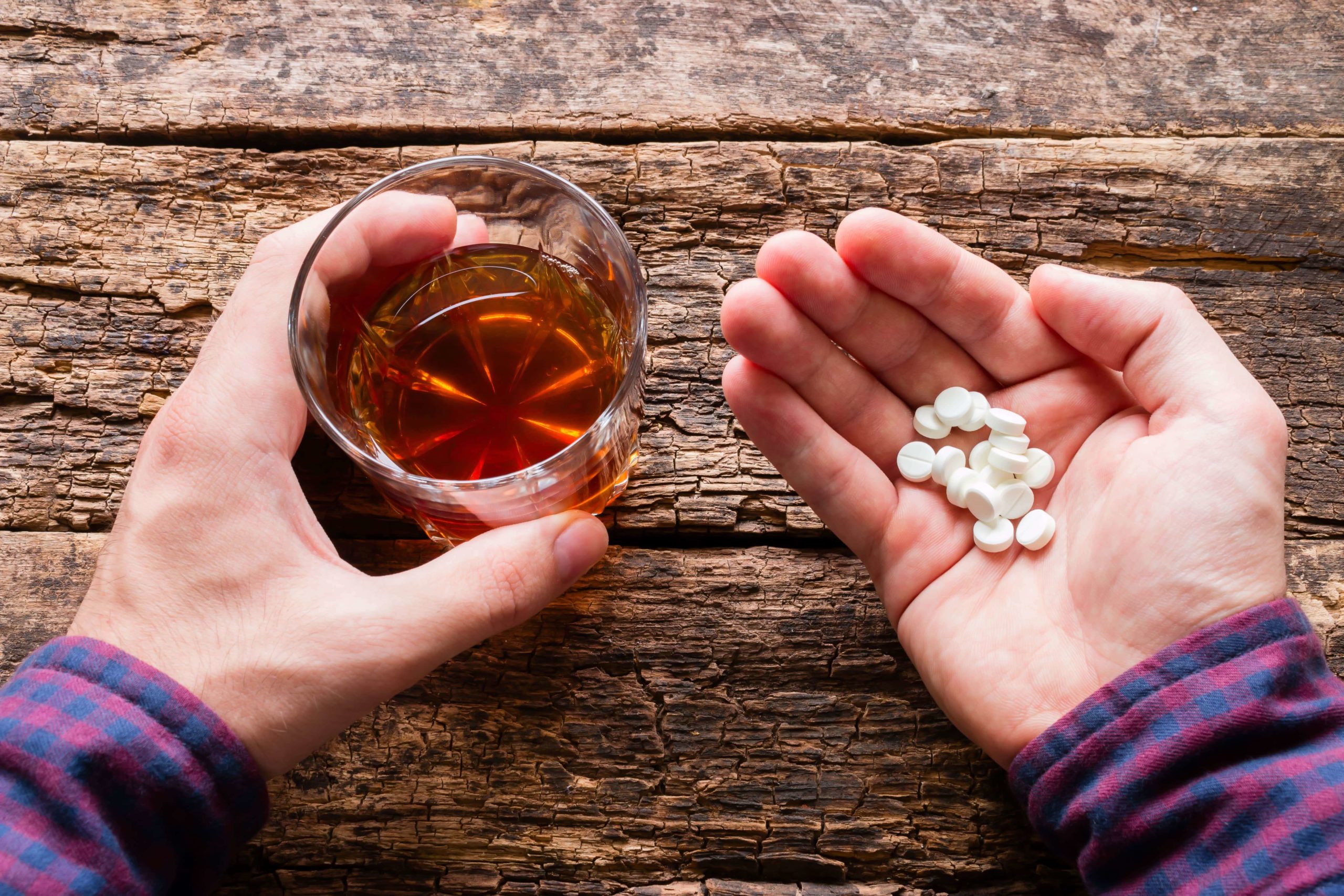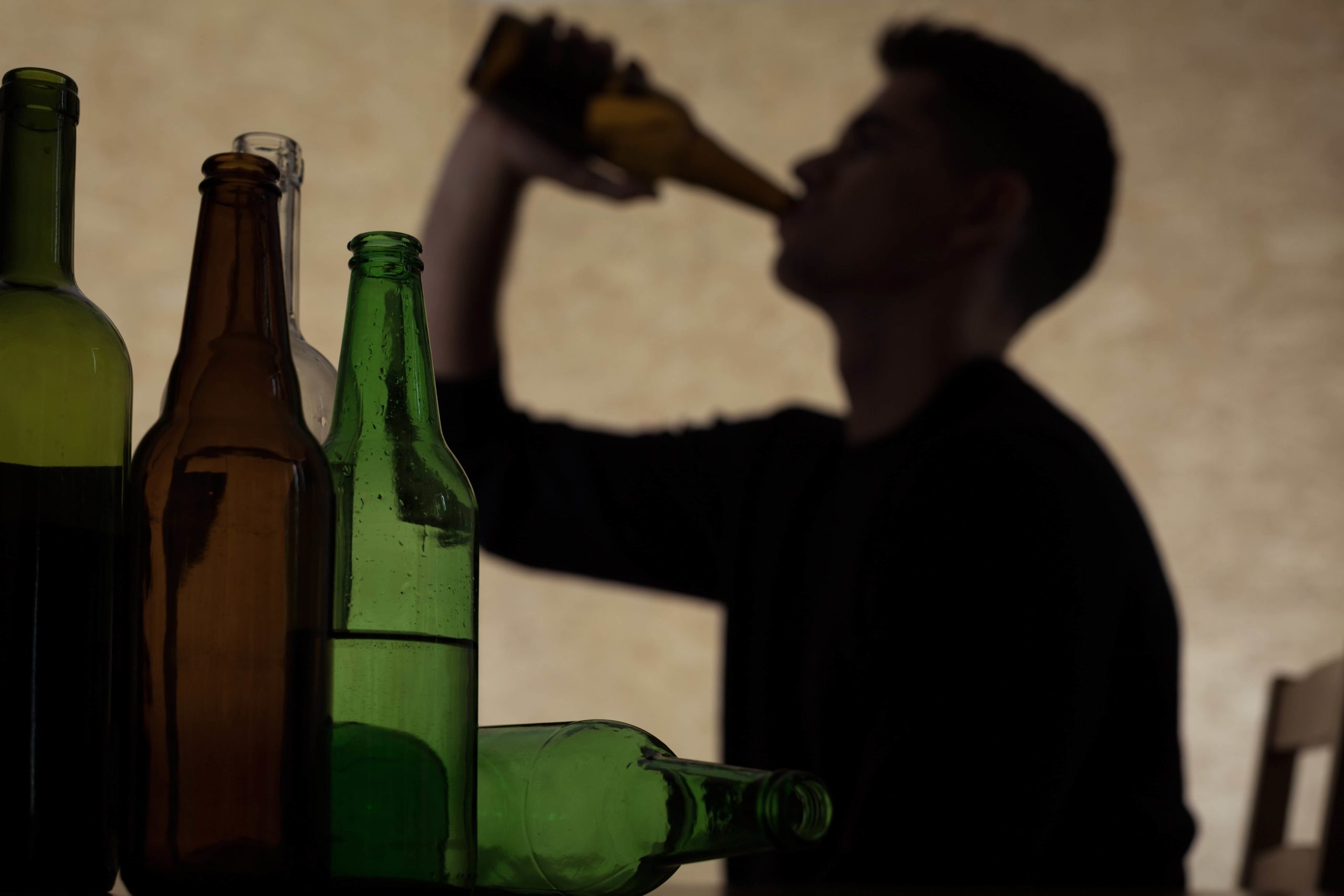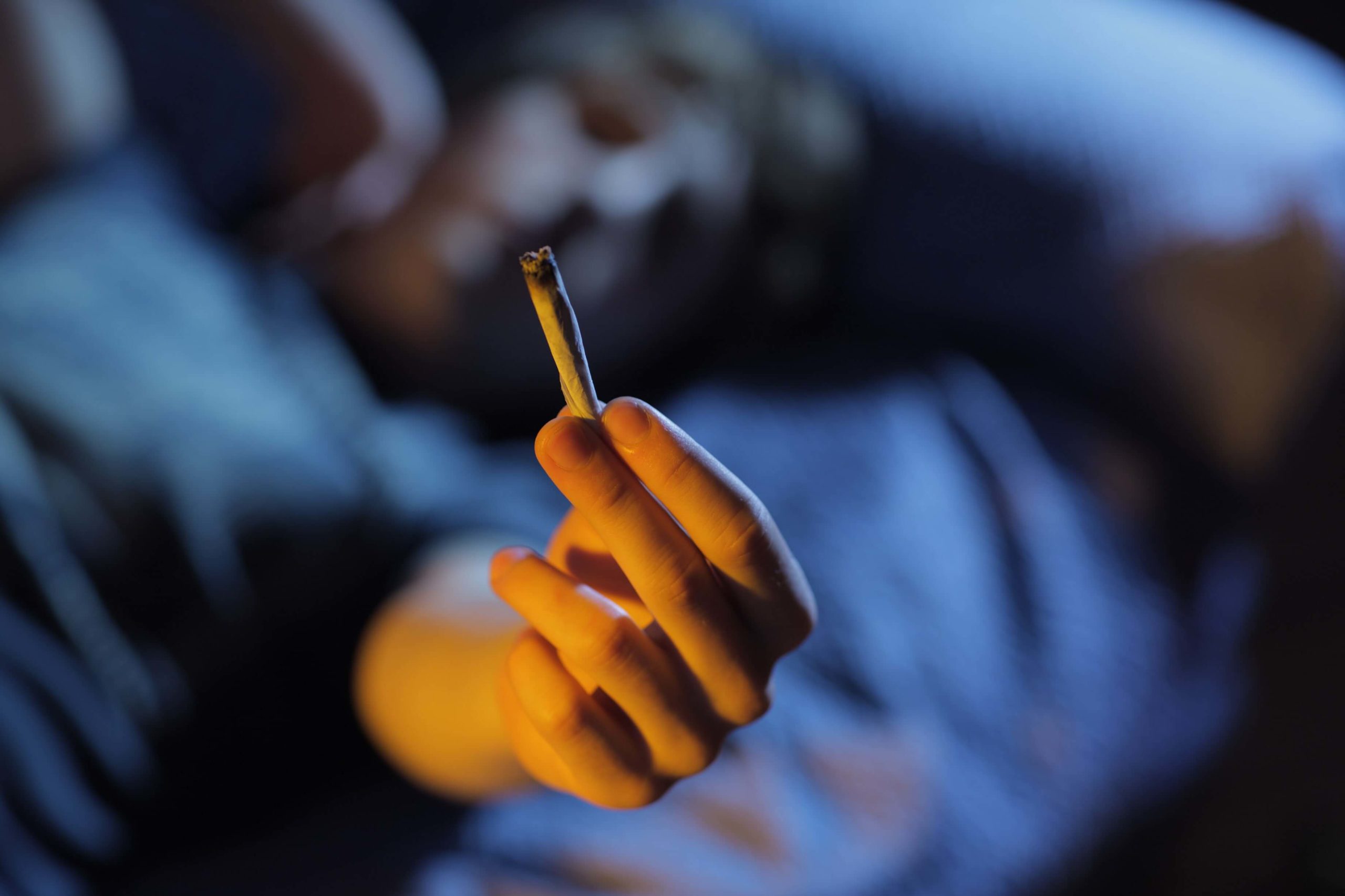You weren’t meant to live or recover alone. Being in a healthy, supportive community can help you avoid relapse and live a life free of addiction.
Continue readingWhat Are The Benefits of Personalized Treatment?
Even though these criteria of addiction treatment are universal, actual treatment plans should be customized to meet an individuals’ specific needs. Here’s why.
Continue readingCan Residential Treatment Help With Cocaine Addiction?
Because of cocaine’s highly addictive properties, symptoms of withdrawal, and association with polydrug use, and mental health challenges, residential treatment can be an extremely beneficial way to treat cocaine addiction. Here’s why.
Continue readingHow Addictive Is Alcohol?
Alcohol is one of the most commonly used addictive substances in the United States. Despite our social acceptance of alcohol, we must acknowledge that alcohol is, in fact, a highly addictive substance.
Continue readingWhat Is The Difference Between Helping Someone and Enabling Them?
Understanding the difference between helping and enabling your loved one can be the difference between codependency or long-term recovery.
Continue readingWhat the Latest Research Tells Us About Breaking An Addiction
Thanks to news advancements in the field of addiction research, today’s addiction treatment programs have become more holistic, incorporate evidence-based brain science, and teach lifestyle practices that help reduce the risk of relapse.
Continue readingHow EMDR Therapy Can Help Addiction Recovery
EMDR can help you uncover the root causes of your substance use, decrease your reliance on addictive substances, and help you accomplish and maintain your goal of long-term recovery.
Continue readingWhat Happens When You Mix Alcohol with Benzodiazepines
Both alcohol and benzodiazepines can harm the body, but the damage increases when the two substances are combined.
Continue readingThe Difference Between Problem Drinking and Alcoholism
Even though both groups of drinkers have an unhealthy relationship with alcohol, problem drinkers and alcoholics aren’t the same.
Continue reading6 Steps to Reduce — Then Stop — Your Marijuana Use
Last year, the number of Americans who used marijuana nearly doubled. Out of the 48.2 million Americans who used marijuana in 2019, approximately 10% of them became addicted to the substance. Although many states continue to legalize marijuana, using the substance remains a potentially addictive habit. Luckily, reducing—and ultimately eliminating—your marijuana use can help you minimize your risk of addiction and lessen some of the substance’s most adverse effects.
The Effects of Marijuana
Marijuana, also known as “cannabis” and “weed,” is one of the most commonly used addictive substances in America. When first consumed, marijuana can make you feel relaxed, joyous, free of pain, and temporarily euphoric. However, using marijuana can also have some negative impacts on your health, which can include:
- Permanent IQ loss
- Respiratory problems
- Memory difficulties and cognitive impairments
- Increased risk of anxiety, depression, and mood swings
- Weakened immune system
- Increased risk of cancer
6 Practical Ways to Stop Marijuana Use
If you want to effectively stop your marijuana use, you need to take practical steps toward your overall goal. For many individuals, quitting “cold turkey” can be harmful and disruptive. One of the most effective ways to quit instead is to understand your current usage, take steps to slow your consumption and seek professional help. Here are a series of steps to help you get started.
- Talk to your doctor about your desire to quit. You won’t effectively reduce your marijuana use without support and guidance. Before speaking with your doctor, try recording how much marijuana you consume on a regular basis by writing down your usage. You can even add a bar or line graph in your written record which can visually show you whether you’re reducing, increasing or maintaining your marijuana consumption. When you visit your doctor, discuss ways that you can reduce this number and ultimately abstain altogether.
- Publicly commit to stop using marijuana. One of the most effective ways to cut back on your marijuana usage—and ultimately stop consuming the drug altogether—is to work with an accountability partner. This may be a friend or a loved one who is already sober or someone you know and trust. Publicly commit to stop using the drug and ask them to hold you accountable through regular check-ins.
- Choose an alternate activity. Commit some of the money and time you typically spend consuming marijuana and do something else. Buy new clothes or shoes. Take a trip. Purchase a gym membership. Go see a baseball, basketball, or football game. Spend time with friends and loved ones. Whatever the activity you choose, make sure you surround yourself with people who aren’t going to use marijuana in front of you.
- Once you’ve begun to taper, seek professional treatment. Now that you’ve taken steps to reduce your marijuana usage on your own, you can take the next step to ultimately remove marijuana from your life entirely. Seeking professional help from a therapist, doctor, or licensed addiction treatment professional can ensure you’re able to fully quit.
- Find a support group. One of the most effective ways to stay marijuana-free for the long term is to find a group of like-minded individuals who are also getting sober. Ask your addiction treatment provider for a recommendation of a suitable group near you or visit a local Narcotics Anonymous (NA) meeting for a free, confidential source of support.
- Enlist trusted friends to hold you accountable. Find a trustworthy, reasonable person in your life who will ensure that you take the necessary steps to cut down on your marijuana consumption. Make sure this person is comfortable establishing strong boundaries and enforcing your desire to use less marijuana and ultimately quit.
Helping You Reach Your Recovery Goals
Here at Soba, our mission is to help you reach your recovery goals. When you’re looking to quit marijuana, we’re here for you. Our wide range of treatment services can help support you wherever you are on your recovery journey. Don’t spend another day trying to figure out sobriety and recovery on your own. Let us help you. Take action by contacting us today if you or a loved one are looking to get a better handle on your use of marijuana or any other kind of addictive substance.



